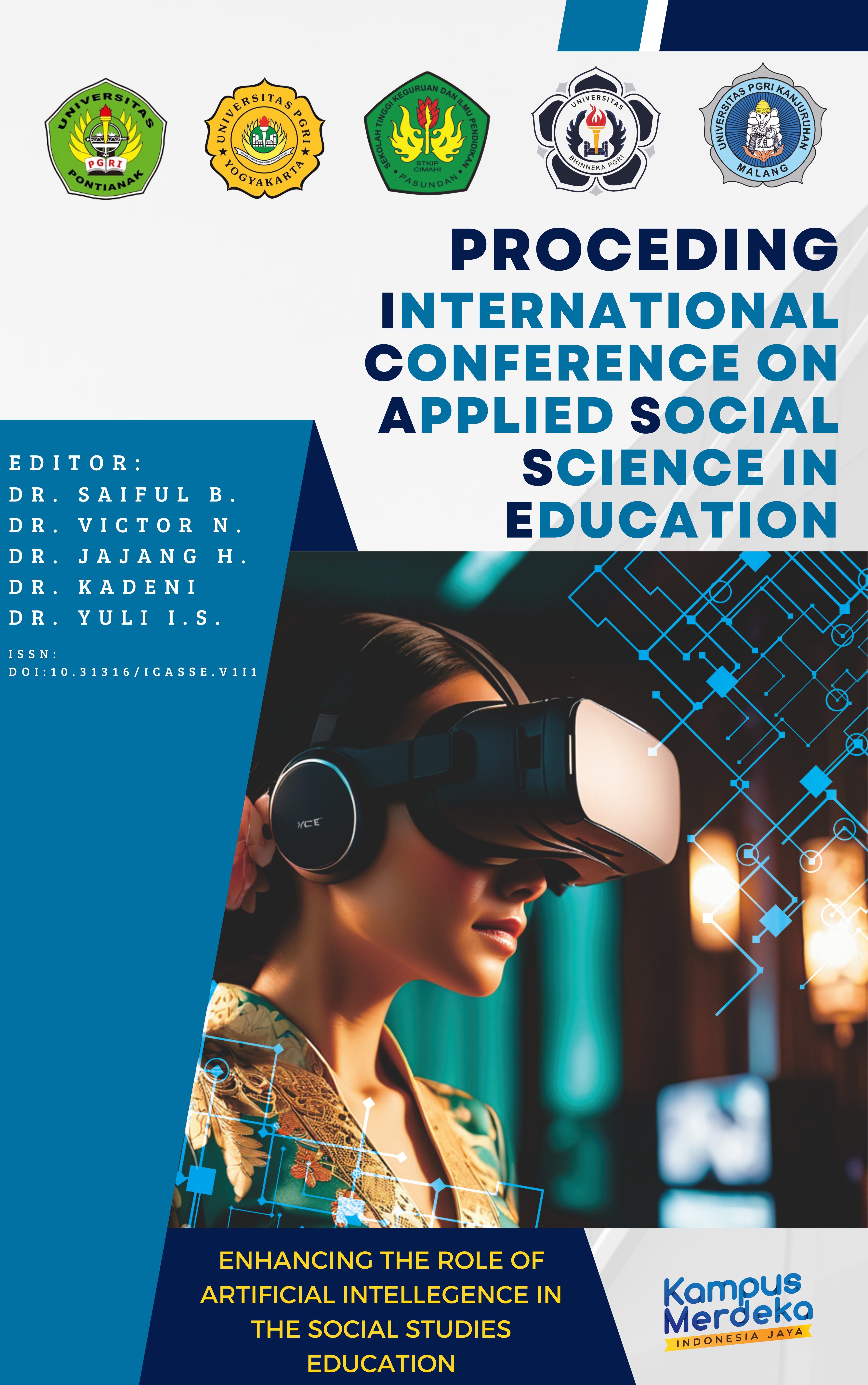SMART COLLABORATION: IMPROVING LEARNING ACHIEVEMENT WITH ARTIFICIAL INTELLIGENCE
DOI:
https://doi.org/10.31316/icasse.v1i1.6829Keywords:
intelligent collaboration, Artificial Intelligence, Adaptive LearningAbstract
This article explores the potential use of Artificial Intelligence (AI) in education to improve student learning achievement through intelligent collaboration. AI, with its ability to perform tasks that require human intelligence such as learning, reasoning, and problem-solving, can be used to create more effective and personalized learning experiences. The use of AI in education includes a wide range of applications, including personalized learning, intelligent tutor systems, automated assessments, and intelligent collaboration tools. Key benefits of applying AI in education include improved learning outcomes through experiences tailored to student needs, more efficient use of resources, data-driven insights for better decision-making, and greater accessibility for students with special needs. However, some challenges need to be addressed, such as ethical and privacy issues, technology access gaps, and the need for teacher training to use AI tools effectively. The results of the study show that AI has great potential to revolutionize education by improving intelligent collaboration and learning achievement. The thoughtful and inclusive implementation of these technologies, taking into account the existing challenges, can create a more effective and inclusive educational environment.





